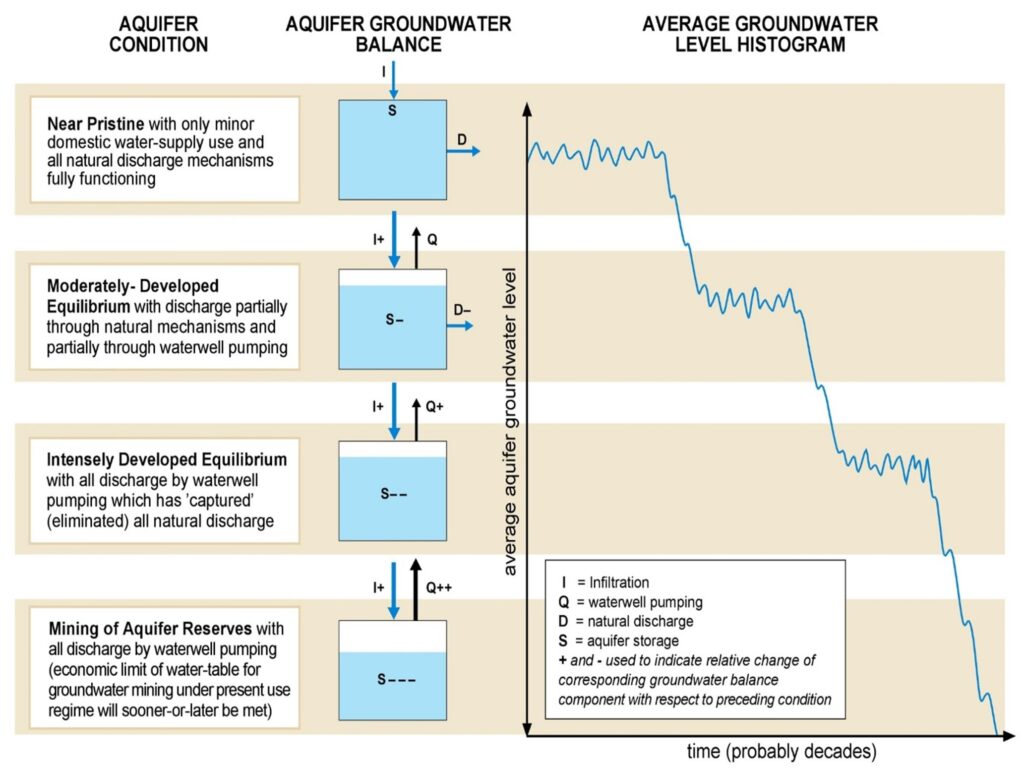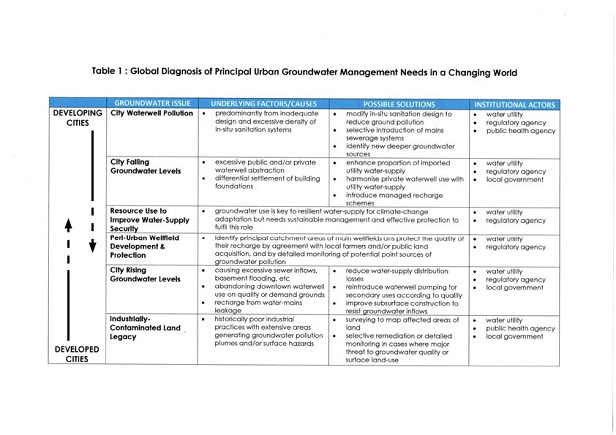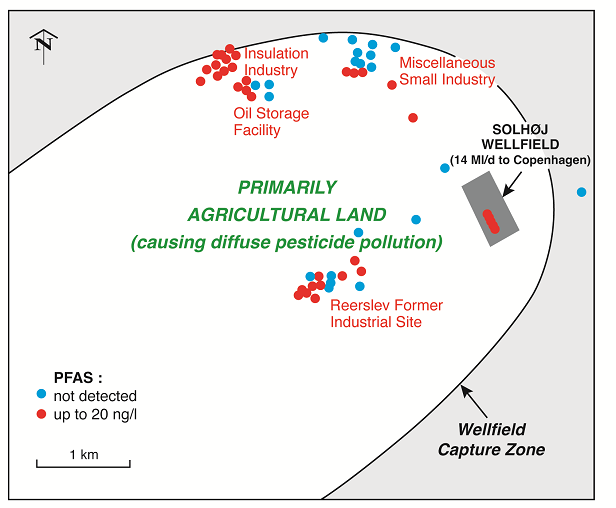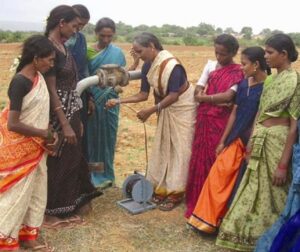Stephen Foster, Radu Gogu, Ida Holm-Olesen and Anders Bǽkgaard look at the path ahead for groundwater following discussions during the dedicated groundwater forum held during the recent IWA World Water Congress & Exhibition 2022.
An important Groundwater Forum occupied the opening day of World Water Congress in Copenhagen. This was organised by the Capital Region of Denmark, ATV Soil & Groundwater and the IWA Groundwater Management Specialist Group (SG) and included nine international speakers and some invaluable discussion. The Forum was followed by a Groundwater Management Workshop organised by the IWA Groundwater Management SG on the following day.
As groundwater constitutes some 97% of the Earth’s freshwater storage and is of excellent quality for potable supply (with just a few local exceptions) its exploitation is vital for achieving the UN Sustainable Development Goals (SDGs) for 2030. At present the global exploitation of groundwater resources stands at 960,000 Mm3/year (or 960 km3/year), about 70% of which is used for agricultural irrigation in countries of drier climate (UNESCO-WWAP, 2022) where competition for available resources can be intense.
The Forum unanimously agreed on the critical importance of groundwater resources to enhance human water supply security in the context of climate change adaptation. However, groundwater management actions on physical sustainability and quality protection will be required for this vital role to be assured. Forum speakers discussed:
- The definition of physical sustainability when it comes to groundwater, given the vast natural storage of most aquifer systems (Figure 1), and dynamically stable groundwater exploitation over human time scales (50-100 years);
- The types of pollution threat to groundwater quality, which vary from urban in-situ sanitation or former/current industrial activities to diffuse agricultural pollution, and in some cases to the potential new challenge posed by innumerable per/poly-fluoroalkyl substances (PFASs).

But it was clear that, when it comes to taking management to secure groundwater sustainability, the agenda divides markedly between developing countries/cities and those in the developed world. A ‘twin-track’ approach to groundwater management is clearly needed, and this is summarised in Table 1. In the developed world attention needs to focus on:
In the developed world attention needs to focus on:
- The development and protection of peri-urban wellfields, which are often threatened by diffuse agricultural pollution and, in some cases, by industrial activity (Figure 2) or by excessive groundwater abstraction for irrigated cultivation;
- More strategic use of groundwater resources, in conjunction with surface water sources, to improve the climatic resilience of public water supply;
- Rising groundwater levels in the older urban areas, as a result of waterwell abandonment, which can then cause costly excessive inflows to sewers, structural damage to building foundations and flooding of basements and underpasses.

Meanwhile, in the developing world the main issues are:
- Waterwell pollution in cities, primarily as a result of ground discharges from inadequate types and densities of in-situ sanitation systems;
- Rationalising private groundwater abstraction for self-supply with investment and development of public utility water supply;
- More integration of groundwater and surface water resource exploitation to produce a water supply that is resilient to extended drought and more easily adapted to cope with climate change.
In attempting to transfer the lessons learnt from experience in the developed world to those undergoing rapid development it is necessary to recognise current limitations as regards regulatory agency capacity, water utility attitudes, and the absence of organisations like geological surveys with a long history of groundwater data collection and interpretation.

Nevertheless, it is important that water utilities in both the developed and developing world focus on the enormous opportunity provided by groundwater to improve the resilience and security of their public water supply. The respective responsibilities of water utilities, regulatory agencies and local government offices for groundwater monitoring and data collection, using available academic institutes for data interpretation, acting to improve the protection of vital groundwater supplies cannot be understated. The relevance of sound groundwater data in urban areas extends beyond the use of the resource for resilient water supply to embrace critical inputs to the design and construction of subsurface infrastructure to avoid potentially very costly drainage and flooding issues. In all major cities there is a need to incorporate groundwater data into the urban master-planning process. •
The authors
Stephen Foster is IWA Groundwater Management SG Chair, Radu Gogu is IWA Groundwater Management SG Deputy Chair, Ida Holm-Olesen is ATV Soil & Groundwater (Region of Southern Denmark), Anders Bǽkgaard was IWA World Water Congress President 2022.







